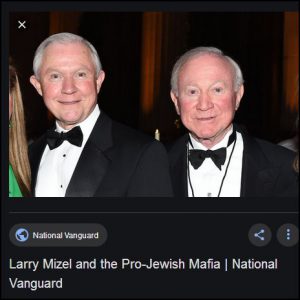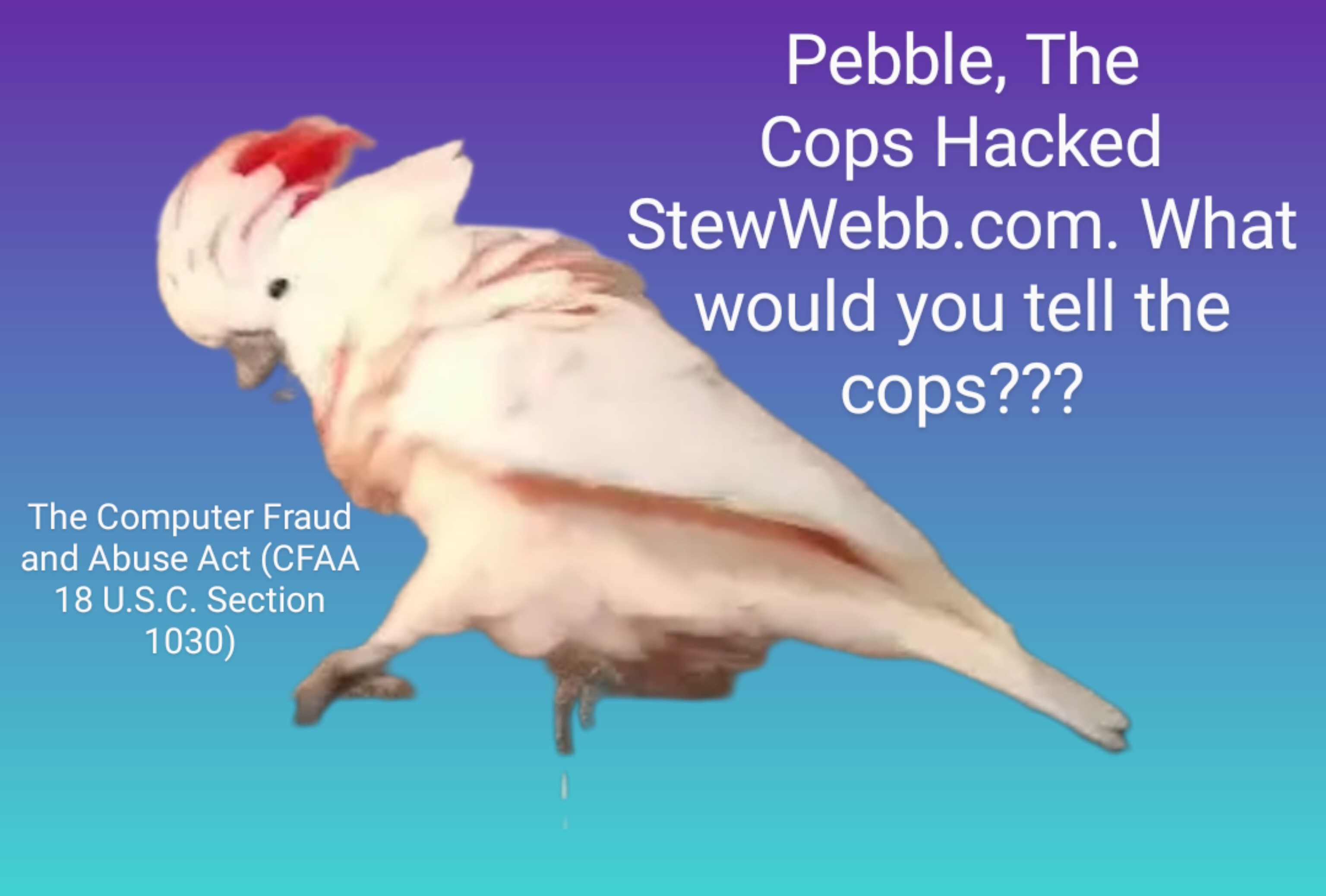Trump Tried Everything to Avoid a Criminal Trial The Day Has Arrived
They have described the former Trump attorney in court papers as a “crooked, lying, disbarred attorney acting in his own interests.”
His lawyers will likely argue to the jury that Trump, who was president at the time of the repayments to Cohen, had no knowledge of the creation of the business records in question.
https://www.msn.com/en-us/news/politics/trump-tried-everything-to-avoid-a-criminal-trial-the-day-has-arrived/ar-BB1lAB9G?ocid=hpmsn&cvid=c7644ece1b034db9a60a55cf0cb4c79b&ei=37
Donald Trump will become the first former president to sit for a criminal trial when he appears in a New York court Monday, kicking off a highly unusual stretch in which the Republican will campaign for a new term while defending himself against accusations he directed an illegal scheme to pay off a porn star.
The case of People v. Trump itself is a mixed bag, with the lowest stakes of the four prosecutions he faces. Trump would have no mandatory prison term if convicted. Despite the salacious back story, the case at its core is about documents: whether Trump falsified the business and financial records that accounted for the hush money. Still, the case, brought by Manhattan District Attorney Alvin Bragg, may be the only one of Trump’s criminal cases to wrap before Election Day.
The political fallout of a conviction for Trump, the presumptive Republican nominee, could be severe. Some Trump supporters have said in Wall Street Journal polling and surveys of GOP primary voters that they would change their votes if he were convicted of a felony. But it could also be met with a shrug: Trump cruised to victories in presidential primaries even as his legal problems mounted, relentlessly bemoaning the charges against him as politically motivated.
: Former DOJ prosecutor breaks down what to expect in Donald Trump’s first criminal trial (WPBF West Palm Beach)
The trial promises to bring a circuslike atmosphere to lower Manhattan for weeks. Barriers and a heavy law-enforcement presence are set to surround the courthouse, where, on the 15th floor, Secret Service agents will escort Trump in and out of the courtroom. Trump is required to attend the trial. That means he will spend four days a week seated at the defense table instead of campaigning. Trump’s political team has been trying to use his predicament as an unconventional springboard for rallying supporters.
“Rabid Democrats will raise MILLIONS while I’m stuck defending myself in court,” Trump said in a campaign email last week.
Trump’s lawyers have repeatedly sought to delay the trial with only minimal success. They made several long-shot efforts last week to pause the proceedings, to no avail.
How it began
The Manhattan district attorney’s investigation of Trump began in August 2019, when state prosecutors paid a visit to Michael Cohen in a federal prison.
Trump’s loyal retainer for a decade, Cohen had broken with his boss and pleaded guilty the year before to federal campaign-finance crimes that implicated the president. Trump returned the favor by calling his former attorney and fixer a “rat.”
Those charges and Cohen’s admission of unrelated crimes culminated in a three-year sentence at the federal minimum-security prison camp in Otisville, N.Y.
Cohen had landed himself there in part by paying adult-film star Stormy Daniels $130,000 in 2016 to keep quiet about an alleged sexual encounter she had with Trump a decade earlier. That same year, Cohen had also worked with American Media Inc.—the then-publisher of the National Enquirer tabloid—to purchase former Playboy model Karen McDougal’s story of a 10-month affair with Trump, who denies he had sexual relationships with either woman.
Both transactions were crimes, federal prosecutors alleged. Cohen’s payment to Daniels, they said, was made in coordination with Trump and meant to influence the 2016 presidential election. It was as if Cohen personally had handed the Trump campaign $130,000, or about 48 times the legal contribution limit at the time. The $150,000 payment by American Media to McDougal, meanwhile, violated federal restrictions on corporate contributions, they said.
At his plea hearing, Cohen said Trump directed him to make and coordinate the illegal payments to Daniels and McDougal. Federal prosecutors declined to pursue Trump, deferring to a long-held Justice Department opinion that a sitting president couldn’t be prosecuted.
But Trump’s legal jeopardy with New York officials continued to grow. When members of the Manhattan district attorney’s office met with Cohen in prison, they wanted his help, and Trump was the target.
The federal prosecutors who investigated the hush money before them had found that Cohen got repaid for the Daniels deal in monthly increments disguised in Trump’s business records as a retainer for legal services. That interested the state prosecutors. Falsifying business records is a misdemeanor under New York state law, but it can be elevated to a felony if records were falsified to conceal or commit another crime.
The state investigation proceeded in fits and starts. Some officials in the district attorney’s office had concerns about building a winning case. The office had all but abandoned the hush-money probe by the time Bragg, a Democrat, took office in 2022.
Bragg and his team looked at the evidence with fresh eyes and began presenting it to a grand jury in January of last year. The 34 felony counts in the indictment are all tied to records that prosecutors said Trump falsified as he reimbursed Cohen for the Daniels deal. They include 11 invoices, 12 general ledger entries and 11 checks.
State prosecutors alleged that each of the 34 counts against Trump constitutes felonies because the former president “made and caused” the false record entries with intent to commit or conceal another crime.
The district attorney’s office has said in court filings that the other crimes could include federal campaign-finance violations like Cohen’s, breaches of a state election law that targets unlawful conspiracies to promote political candidates, or a tax offense. Prosecutors don’t need to prove the crimes, only that Trump intended to commit them.
Weeks in court
The trial is likely to last from six to eight weeks, with jury selection, which begins Monday, expected to take a week or more.
Bragg has framed the case as about election interference, and intends to present evidence of a larger “catch-and-kill” scheme to take negative news about Trump off the market as he campaigned for president in 2015 and 2016.
Prosecutors’ early witnesses are likely to include David Pecker, the former chief executive of American Media, and Cohen, according to people familiar with the matter. Pecker’s testimony could establish Trump’s knowledge of and participation in American Media’s efforts to intercept and bury potentially negative news about Trump, including McDougal’s story.
Cohen’s testimony is expected to tie Trump to the payment to Daniels and the alleged plan to reimburse Cohen via false invoices. His cross-examination by Trump’s lawyers is likely to be a key point in the trial. They have described the former Trump attorney in court papers as a “crooked, lying, disbarred attorney acting in his own interests.”
Other witnesses could include Trump Organization employees, former Trump adviser Hope Hicks, as well as McDougal and Daniels, who said on her podcast earlier this year that she was set to testify at the trial. The jury may also hear from Keith Davidson, who represented Daniels in the deal with Cohen, and Dylan Howard, Pecker’s former deputy at American Media.
Trump’s lawyers have portrayed the case as a record-keeping dispute and unsuccessfully tried to limit Bragg from making broader allegations about a scheme to silence Trump accusers, arguing they have “no place at a trial that centers on accounting practices.”
His lawyers will likely argue to the jury that Trump, who was president at the time of the repayments to Cohen, had no knowledge of the creation of the business records in question.
Trump said Friday that he planned to testify. “All I can do is tell the truth,” he said. He made appearances on the witness stand in a pair of recent civil cases, one in which a judge found he fraudulently valued his assets, the other in which a jury found he owed columnist E. Jean Carroll $83 million for defamation.
The hush-money case has attracted its share of skeptics because the manner in which prosecutors charged it has placed them in uncharted waters.
“The key for Bragg is to make this case not just about falsified records, but to put it in the context of the catch-and-kill scheme,” said lawyer Adam Kaufmann, a former Manhattan prosecutor. “You need the context—that he had an intent to further an election coverup—to prove the felony.”
If Trump is convicted
When announcing Trump’s indictment, Bragg said false-records charges are the “bread and butter” of his office’s white-collar work. Since he became district attorney in 2022, Bragg’s office has charged dozens of people and companies with more than 500 total felony counts of falsifying records.
But Trump’s case is unusual because he is charged solely with falsifying records, and not other crimes. More typical cases include both. The uniqueness of the charges also means it is unclear what potential punishment Trump faces if a jury finds him guilty.
State Supreme Court Justice Juan Merchan, who is presiding over the case, would have significant discretion in determining a sentence. The judge may be unlikely to sentence a first-time offender to jail for what is a recording crime, said Cheryl Bader, a law professor at Fordham University. But if Trump testifies and Merchan believes he isn’t truthful, that could sway the judge toward a sentence of incarceration, she said.
“If the judge felt Trump lied or tried to use the courtroom as a political platform, I wouldn’t be surprised if he took that into account at sentencing,” Bader said.
Even if Merchan sentenced Trump to prison time, it is unclear whether he would ultimately serve such a term, especially due to security concerns.
If Trump wins the election this fall and is found guilty of crimes in either of the pending federal cases, he may be able to pardon himself. But state convictions would be beyond his powers to erase. A felony conviction would have collateral consequences, ranging from formal legal prohibitions, such as a federal ban on possessing firearms, to informal ones, like restrictions on borrowing money or serving in any fiduciary capacity, said Margaret Love, a former Justice Department pardon attorney.
Unless Trump were incarcerated, he would be eligible to vote for himself in the general election.
Write to Corinne Ramey at corinne.ramey@wsj.com and Joe Palazzolo at Joe.Palazzolo@wsj.com


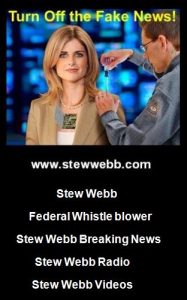
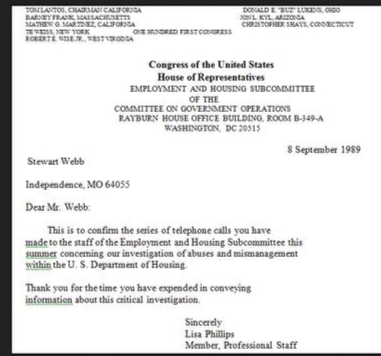
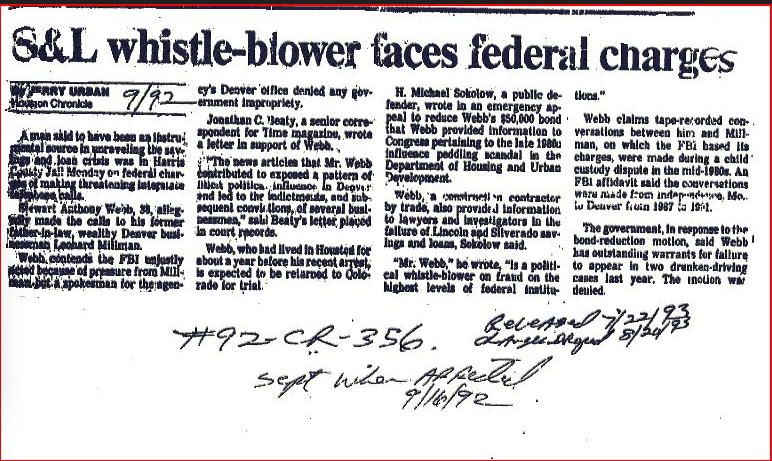
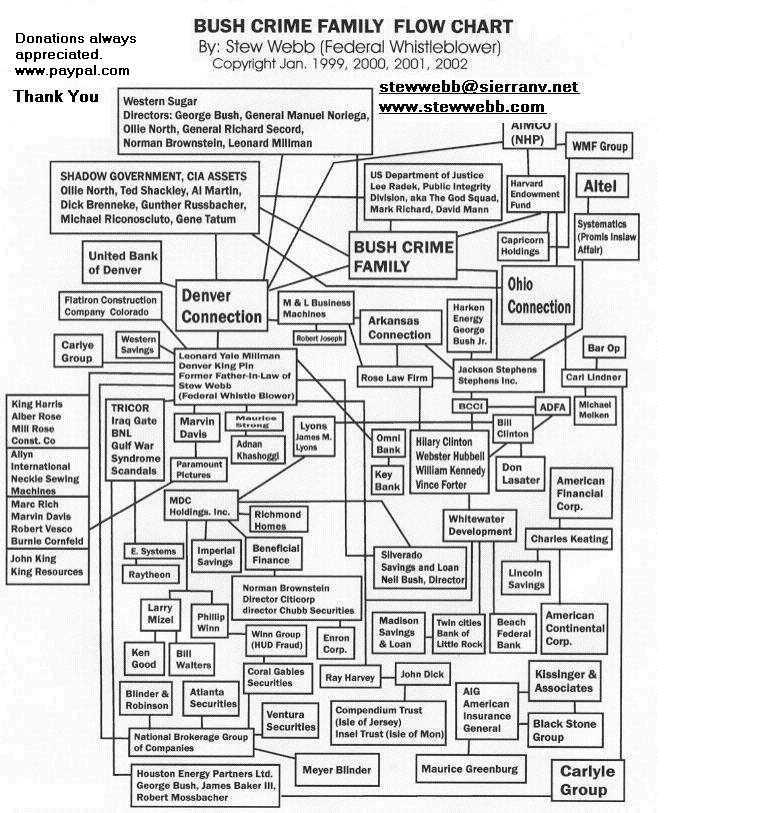
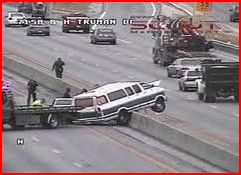
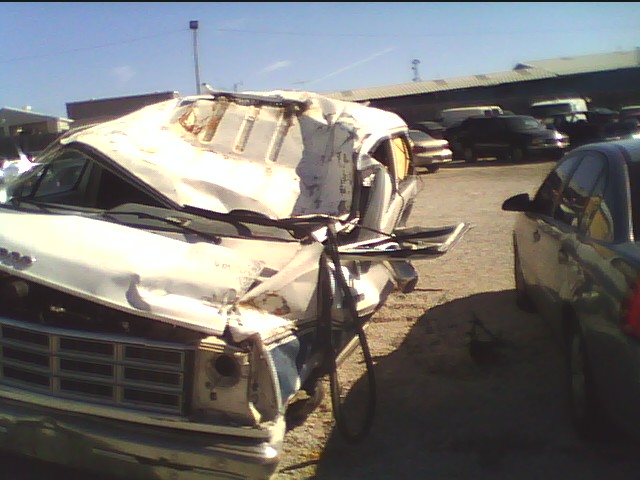

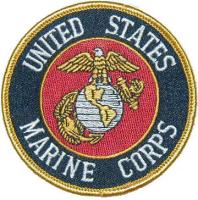
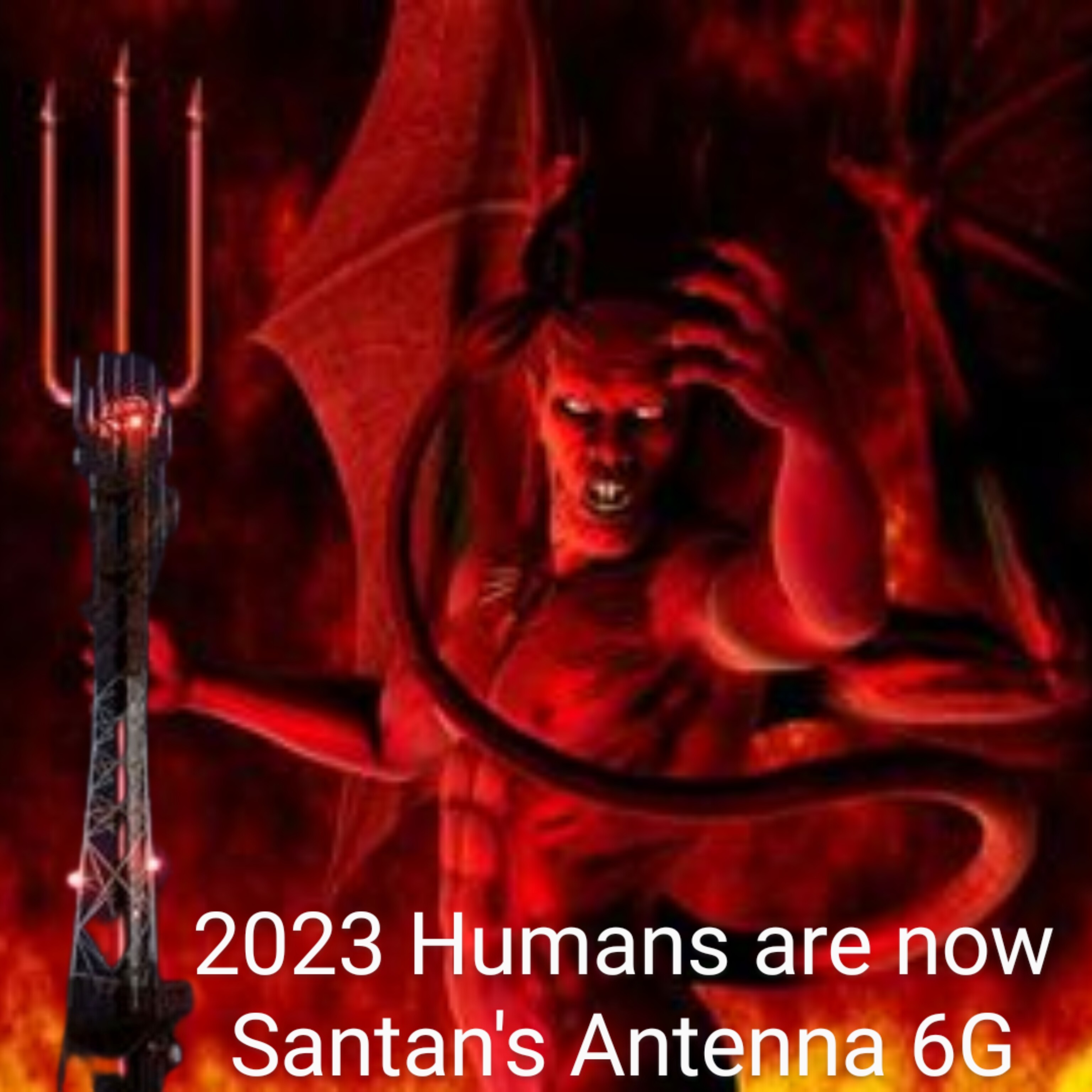
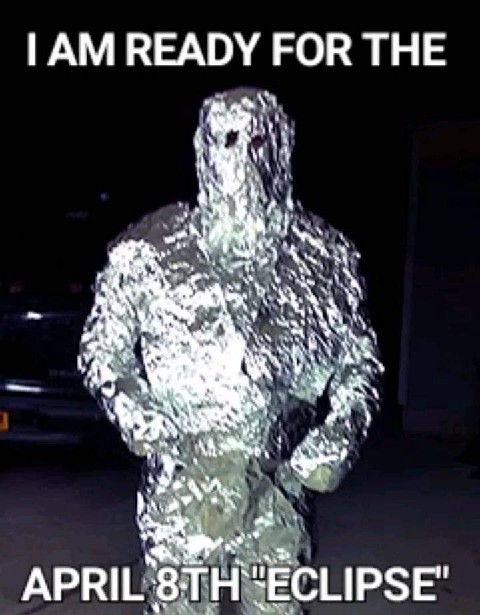
.jpg)
